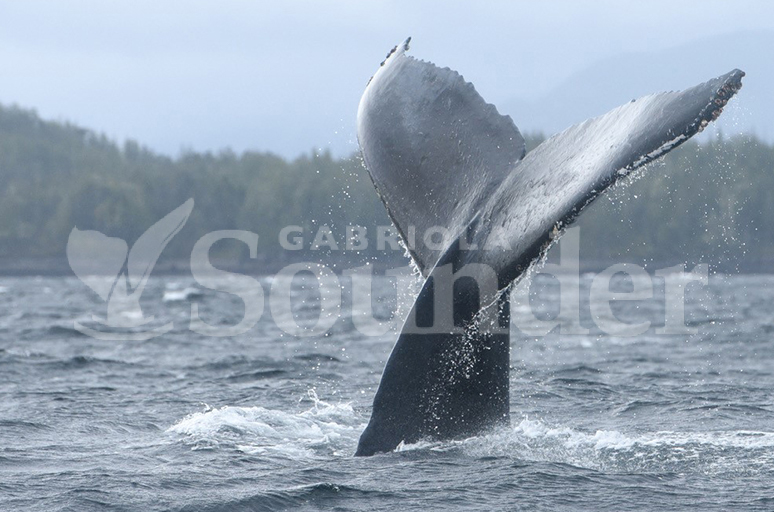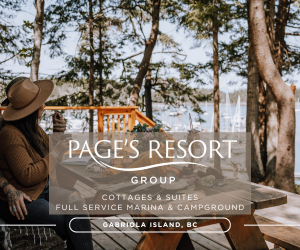Rachelle Stein-Wotten
Local Journalism Initiative Reporter, Gabriola Sounder
A public opinion survey on freshwater in the Regional District of Nanaimo indicates one-third of residents are unsure what watershed they live in and don’t know what the RDN can do to preserve and protect the local freshwater supply.
The survey was conducted by Ipsos from June 28 to August 2 across the RDN to gauge community priorities, key issues and behaviours related to freshwater in the region. A total of 1,393 surveys were completed including 108 in Electoral Area B, a weighted sample size of 36.
Across the region, the survey results show the top three reasons for conserving water are to be environmentally responsible considering water needs for fish and aquatic ecosystems, to be socially responsible about a vital shared resource and because the region may face reduced water availability and local water shortages due to climate change.
Among the results, 64 per cent of residents living in ocean-bound Electoral Area B find access to recreational freshwater locations is important versus 89 per cent of total respondents.
Eighty-three per cent of Area B respondents said stormwater runoff pollution is an important freshwater issue versus the 88 per cent total.
Under important reasons for conserving water, 97 per cent of Area B responses indicated that to be socially responsible about a vital shared resource is important, the highest response among each area of the district and versus 94 per cent across the region. Those living in Area B are less likely to say to save money on water and energy bills is important (59 per cent). Overall, those who get their drinking water from private domestic wells are less likely to emphasize saving money versus those on communal water systems.
Under water conservation, Area B residents are more likely to say they regularly share knowledge about saving water through conservation and efficiency with family, friends and neighbours (85 per cent); collect rainwater in a barrel, cistern or other water feature for use in drier conditions (85 per cent); and collect and re-use greywater (47 per cent).
As far as what the RDN could be doing to preserve and protect local freshwater, 12 per cent of total respondents said more education/awareness/advertising and 8 per cent said manage growth/development; 33 per cent said they didn’t know.
The survey report concludes in part that conservation and preservation of local freshwater is important to residents.
“The widespread public acknowledgement of these issues is a sign residents are open to conversations and initiatives aimed at preserving and protecting local freshwater,” the survey report says.
The survey findings will be used to inform ongoing implementation of the RDN’s drinking water and watershed protection program; the plan is to conduct two followup surveys every five years.





Recent Comments